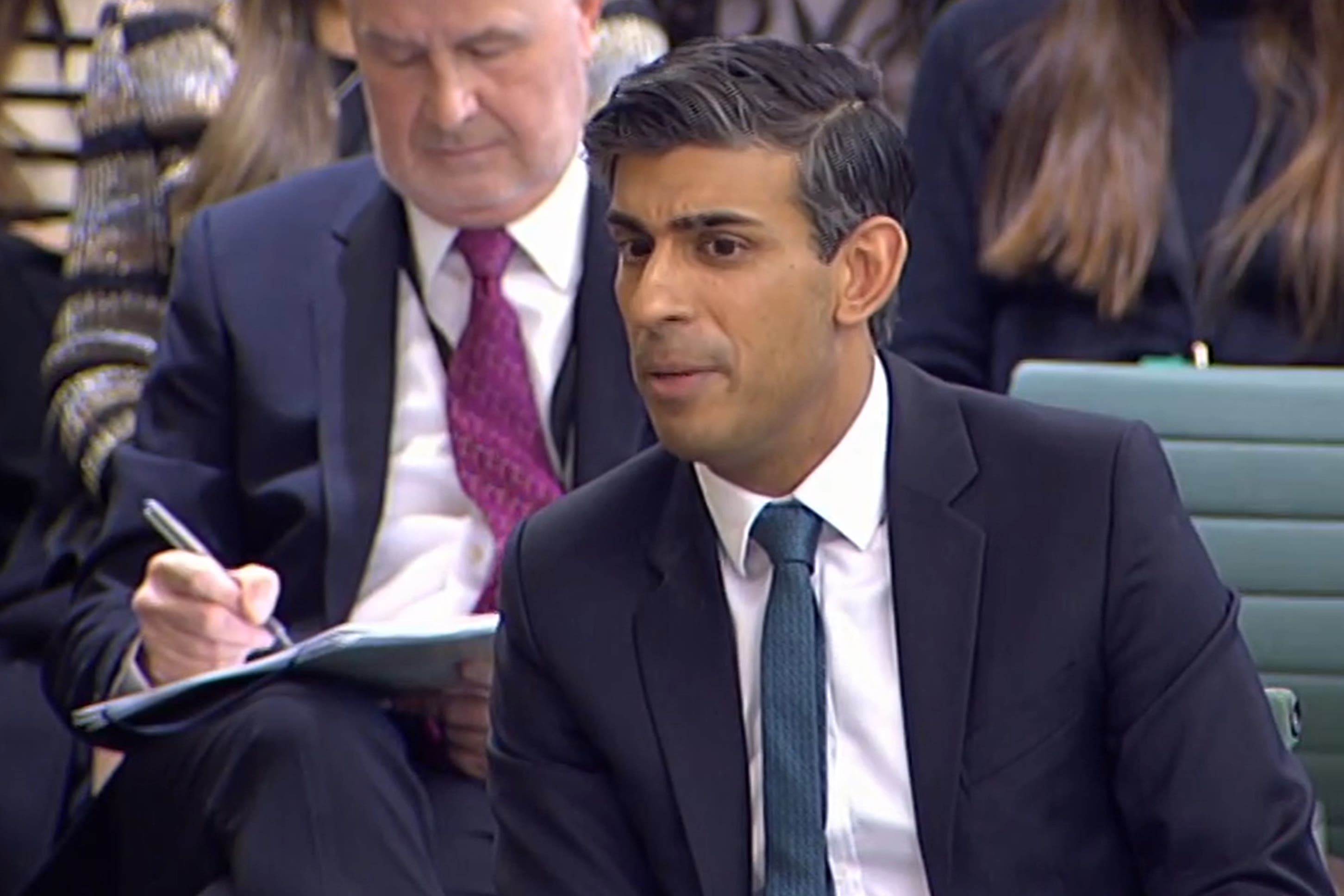Sunak refuses to commit to Commons timetable for Bill of Rights
Deputy Prime Minister Dominic Raab said the legislation to replace the Human Rights Act is ‘ready to go’.

Your support helps us to tell the story
From reproductive rights to climate change to Big Tech, The Independent is on the ground when the story is developing. Whether it's investigating the financials of Elon Musk's pro-Trump PAC or producing our latest documentary, 'The A Word', which shines a light on the American women fighting for reproductive rights, we know how important it is to parse out the facts from the messaging.
At such a critical moment in US history, we need reporters on the ground. Your donation allows us to keep sending journalists to speak to both sides of the story.
The Independent is trusted by Americans across the entire political spectrum. And unlike many other quality news outlets, we choose not to lock Americans out of our reporting and analysis with paywalls. We believe quality journalism should be available to everyone, paid for by those who can afford it.
Your support makes all the difference.Rishi Sunak has refused to commit to a parliamentary timetable for bringing the Government’s controversial Bill of Rights into law.
Deputy Prime Minister Dominic Raab, who is leading on the issue, insisted last week the Prime Minister is committed to the legislation, which is “ready to go”.
But appearing before the Commons Liaison Committee on Tuesday, Mr Sunak would only say it will receive its Commons second reading “as parliamentary time allows”.
The Prime Minister was challenged by the SNP’s Joanna Cherry, who suggested the Bill is being “deprioritised” in favour of his promised legislation to allow the removal of asylum seekers arriving in the UK illegally.
We are keen to deliver on illegal migration and that is something that I said is a priority
In response, Mr Sunak said: “I am a new Prime Minister; you would expect me to look at the entire legislative programme and then make decisions on that basis.
“We are keen to deliver on illegal migration and that is something that I said is a priority.”
Mr Raab, who is also Justice Secretary, first introduced the Bill when he held office under Boris Johnson, only for it to be shelved when he was sacked by Liz Truss when she was prime minister.
After Mr Sunak assumed power – and reappointed Mr Raab – Downing Street said the legislation was being revived but the Government has yet to say when MPs will begin the process of debating it.
Mr Raab said the legislation – which is intended to replace the Human Rights Act – will curtail “abuses” of the existing system.
But critics have condemned the plans as a “systematic gutting” of key legal protections.
During his appearance before the committee, Mr Sunak welcomed this week’s High Court ruling that the Government’s policy to deport asylum seekers to Rwanda is lawful, although he acknowledged further legal challenge is likely.
“We expect further legal challenge. We will continue to pursue that as necessary,” he said.
However, he repeatedly refused to say whether the proposed legislation to allow the removal of those who arrive in the UK illegally would require the UK to leave or to derogate from the European Convention on Human Rights.
“You will see the legislation next year and no doubt we will have the opportunity to debate it then but I wouldn’t want to speculate on that now,” he said.
“I want to fix this problem. I am going to do everything I need to to fix the problem of illegal migration in small boats coming here and we will introduce legislation in the new year.”
Mr Sunak said he is still looking for a new independent ethics adviser after the resignation of Lord Geidt, who quit under Mr Johnson and has yet to be replaced.
“I am hopeful I can make an announcement on that soon. It’s important for me to get someone who I think is right for the job and rest assured I’m hard at it.”